Schools with new looks in the highlands
In the period of 2022-2025, the province prioritizes investment resources for communes within the scope of Resolution No. 06-NQ/TU dated May 17, 2021 of the Provincial Party Committee and communes that have just emerged from the list of particularly difficult communes. The school system in ethnic minority and mountainous areas has received increasing investment, meeting the learning needs and requirements of educational innovation, contributing to improving the quality of teaching and learning.

In addition to the provincial budget supporting localities with capital from the National Target Program on New Rural Development, capital for implementing the Comprehensive Program on Sustainable Economic and Social Development associated with ensuring national defense and security in communes, villages, and hamlets in ethnic minority, mountainous, border, and island areas in the province according to Resolution No. 06-NQ/TU, localities proactively implement investment projects, including investment in schools at all levels with a total cost of about 389,236 million VND, with the result of investing in renovating and building 30 schools in ethnic minority, mountainous, border, and island areas in the province. Thanks to that attention, the appearance of education in difficult areas has changed dramatically: solid classrooms, playgrounds, canteens, spacious dormitories...
Up to now, the whole province has 11,765 classrooms, of which 11,272 are solid classrooms, reaching a rate of 95.8%. In many localities such as Binh Lieu, Ba Che, Tien Yen, Hai Ha... the image of ethnic minority students studying in clean and beautiful classrooms, using modern equipment, is no longer a distant dream. The rate of schools meeting national standards in the whole province is 92.07% (569/618 schools), an impressive number, clearly demonstrating the progress of education in the mountainous areas of Quang Ninh in the journey of standardization and modernization.
Investing in synchronous facilities, from classrooms, canteens, dormitories to teaching equipment, not only helps ethnic minority students have a better learning environment but also contributes to improving the quality of teaching and learning, creating fairness in access to education for all regions.
Co To Special Zone (formerly Co To district) has paid special attention to investing in facilities and teaching equipment, while also focusing on improving the quality of the teaching staff. Up to now, all 10/10 schools in the area have been recognized as meeting national standards level 1. Notably, by 2024, 2 schools have met national standards level 2. Investing in new classrooms and equipment not only improves learning conditions for students, but also creates motivation to innovate teaching methods, apply information technology, and meet the requirements of the new general education program. This is a great step forward compared to the previous period, affirming Co To's determination in building a modern, high-quality education system.
Ba Che Boarding School for Ethnic Minorities is also one of the school projects in the ethnic minority area that has received great investment attention from the province. Currently, the school has a 4-storey school building with 16 classrooms; a multi-purpose building; a 5-storey student housing building with 3 floors of rooms (11 rooms per floor), the ground floor is a dining room and a communal room. The subject learning area and the principal's area have been renovated and upgraded synchronously. In addition, the school also has a football field, a physical education field with an international standard running track surrounding the field. The project not only brings a spacious and modern appearance but also opens up a comprehensive learning and living environment for ethnic minority students in the highlands.

With the above advantages, the school's facilities currently meet the standards of a high-quality school, a national standard school level 2, ensuring a place to study, eat and rest for students; helping the staff and teachers feel secure in their work, continuing to innovate teaching methods to improve the quality of education.
From 2021 to present, the work of investing, renovating and upgrading educational facilities is considered one of the top priority tasks. With the attention of the province, localities have implemented many large-scale projects, contributing to creating a new look for the local education sector, such as: Projects to renovate and upgrade Hoanh Mo Secondary and High School (52 billion VND); Binh Lieu High School (95 billion VND) and Tinh Huc Primary School (95 billion VND) have been invested, creating a spacious and modern learning environment.
Along with investing in infrastructure, the provincial education sector has also promoted the application of information technology and digital transformation in teaching and learning, creating a foundation for education in difficult areas to catch up with modern trends. Many schools have implemented smart classroom models, organizing online learning combined with face-to-face learning, opening up opportunities for students to access knowledge even in remote areas.
Practical support - helping students in mountainous areas

Ethnic minority students are always the subjects of special attention in the policies of the Central and the province. According to Decree No. 66/2025/ND-CP of the Government, students in ethnic minority, mountainous and island areas are supported with food, accommodation, rice and study expenses. Quang Ninh also issued many specific resolutions such as Resolution 204/2019/NQ-HDND, Resolution 248/2020/NQ-HDND and Resolution 22/2023/NQ-HDND, to extend the boarding school support policy for students in communes and villages that have just emerged from the list of especially difficult.
Thanks to this, thousands of ethnic minority students no longer have to drop out of school due to financial difficulties. They are given boarding meals, study two shifts a day, and receive both physical and mental care. At ethnic minority boarding schools, the image of teachers taking care of every meal and sleep for students has become a beautiful symbol of the teacher-student relationship in the highlands.

The policy of enhancing Vietnamese language for preschool and primary school students in ethnic minority areas has also been implemented synchronously by the province, helping them to be more confident in learning and communicating. More than 18,000 ethnic minority students have benefited from this program, contributing to improving their language skills - a key factor for them to integrate and access new knowledge.
Not only focusing on material things, Quang Ninh education sector also identifies people as the central factor of all policies. 100% of managers and teachers in ethnic minority areas have been trained and educated according to the 2018 General Education Program, improving professional capacity and skills in organizing educational activities associated with the cultural characteristics of each ethnic group.
The Department of Education and Training also cooperates with universities to organize dozens of training courses to improve capacity, pedagogical skills, technology application and bilingual teaching. Attention is paid to the training and fostering of ethnic minority teachers, aiming to create local human resources for mountainous and island areas.
Comprehensive education towards the future
By 2025, the rate of ethnic minority students completing primary school will reach 99.85%, and that of secondary school will reach 99.77%. The literacy rate of people aged 15-35 will reach nearly 100%, demonstrating the effectiveness of universal education and illiteracy eradication programs. 100% of communes and wards will meet the standards for universal preschool education for 5-year-old children; primary and secondary schools will both reach level 3 - the highest level in the national assessment system.

In addition, programs on gender equality, prevention of child marriage, incestuous marriage, legal education, career orientation, etc. have been widely implemented, creating a clear change in the awareness of students and the community. Many ethnic minority students have confidently left their villages to study at universities and colleges in and outside the province, becoming the pride of their homeland.
In the field of vocational education, from 2021 to mid-2025, the whole province has enrolled more than 173,000 students, of which more than 2,400 are ethnic minority workers. This figure shows that vocational education is becoming a practical direction, helping highland youth have stable jobs and improve their quality of life.
Looking back on the past, it can be seen that the education work in the province's ethnic minority areas is not only a professional task of the sector, but also a strategic solution in implementing Resolution 06 of the Provincial Party Committee on socio-economic development associated with strengthening national defense and security in special areas.

Education and training development is always considered the key to improving people's knowledge, training human resources, and creating sustainable development momentum for ethnic minority, mountainous, border, and island areas.
In fact, the results achieved in the 2021-2025 period have demonstrated that vision. Education becomes a bridge, helping to narrow regional gaps, creating generations of ethnic minority students who are confident, dynamic and capable of integration.
In localities that used to be the most difficult areas of the province, there is now a high rate of universal education, solid schools, a clean and green learning environment, and teachers at ethnic boarding and semi-boarding schools are not only the ones imparting knowledge, but also the "second fathers and mothers" of students. They understand customs, understand psychology and accompany students in every step of growing up. Many teachers have spent their whole lives in the highlands, overcoming difficulties in terrain, weather, and living conditions with only one wish: "No child is left behind". These are living proof of the effectiveness of the right policies.
However, the journey to build a fair education system still faces many challenges. In many highland communes, people's lives are still difficult, and students' learning conditions are limited. Some parents still have the mindset of "study less, work more", leading to students dropping out of school early to work. Recruiting and retaining teachers in highland areas is also difficult because the remuneration is not really attractive, and some schools still lack specialized teachers such as English, IT, fine arts, etc. However, with the determination of the entire political system, the consensus of the people and teachers, these difficulties are being resolved day by day.
Quang Ninh education sector will continue to prioritize investment resources for ethnic minority areas, considering this a core and continuous task. Each standard school and each student attending class is a solid step forward on the path to achieving equity in education.
Entering a new phase, Quang Ninh continues to set the target of 100% of ethnic minority schools meeting national standards, 100% of classrooms being solid and modern; all students studying in the best conditions. The province also focuses on digital transformation in education, developing a team of high-quality teachers, promoting the connection between school - family - society in nurturing the young generation.
At the same time, integrating national cultural education and preserving traditional identity into the curriculum helps students not only be good at knowledge, but also be proud of their origins and have a strong will in integration.
Education in the ethnic minority areas of Quang Ninh today not only means "teaching letters", but also teaching people to be human, teaching the desire to rise up. Each solid classroom, each school that meets national standards is a continuous effort in the journey of sowing the seeds of knowledge in the highlands, contributing to the successful implementation of the goal of Resolution 06 of the Provincial Party Committee.
Source: https://baoquangninh.vn/nang-cao-chat-luong-giao-duc-vung-kho-3380621.html


![[Photo] Prime Minister Pham Minh Chinh meets with Speaker of the Hungarian National Assembly Kover Laszlo](https://vphoto.vietnam.vn/thumb/1200x675/vietnam/resource/IMAGE/2025/10/20/1760970413415_dsc-8111-jpg.webp)

![[Photo] Prime Minister Pham Minh Chinh received Mr. Yamamoto Ichita, Governor of Gunma Province (Japan)](https://vphoto.vietnam.vn/thumb/1200x675/vietnam/resource/IMAGE/2025/10/21/1761032833411_dsc-8867-jpg.webp)


![[Photo] Da Nang residents "hunt for photos" of big waves at the mouth of the Han River](https://vphoto.vietnam.vn/thumb/1200x675/vietnam/resource/IMAGE/2025/10/21/1761043632309_ndo_br_11-jpg.webp)
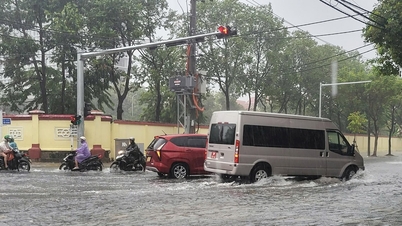

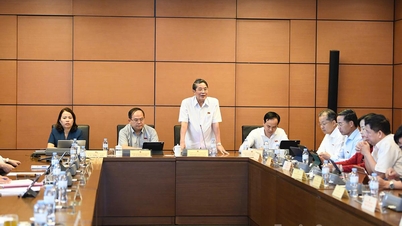



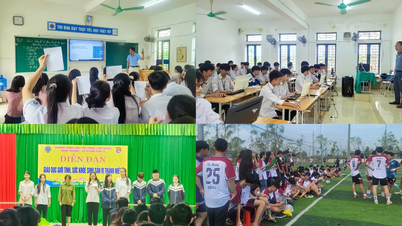





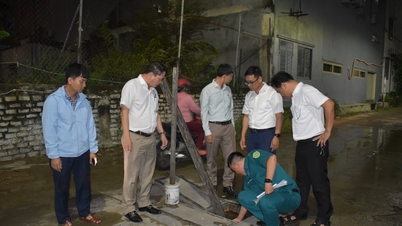
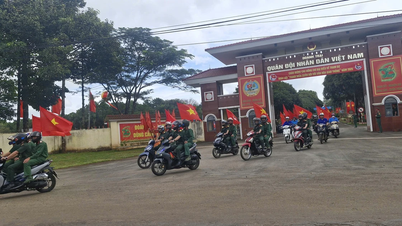

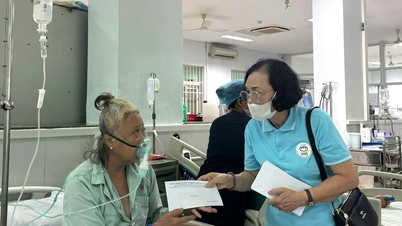
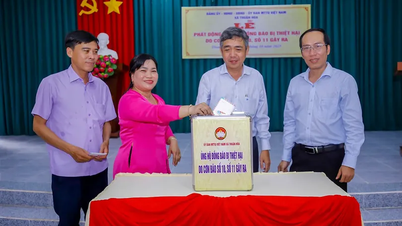


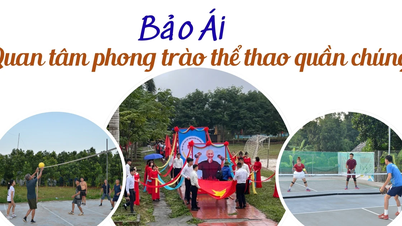





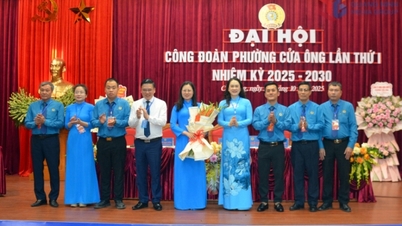

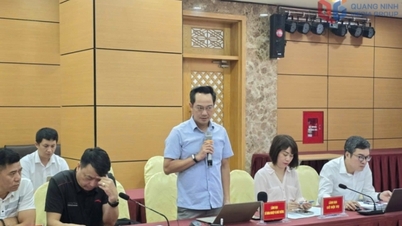







































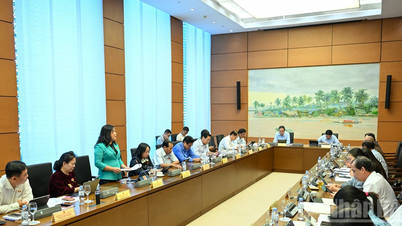

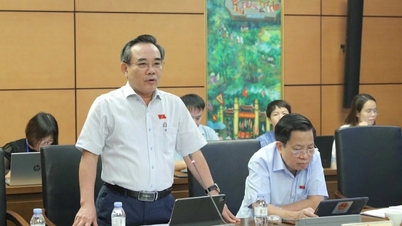
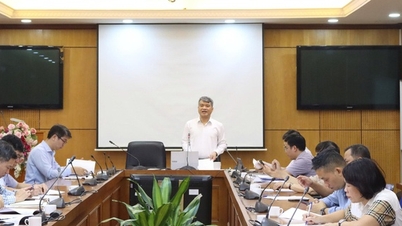
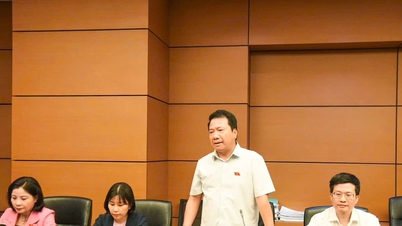

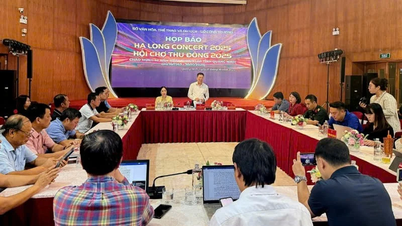






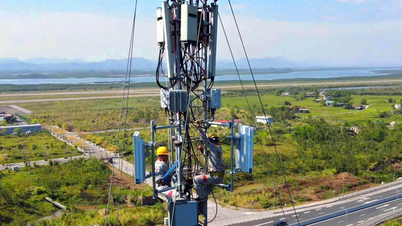
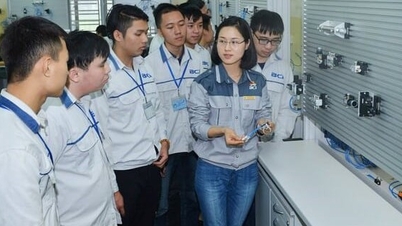
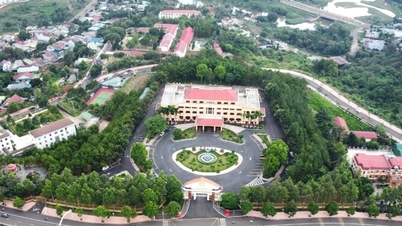



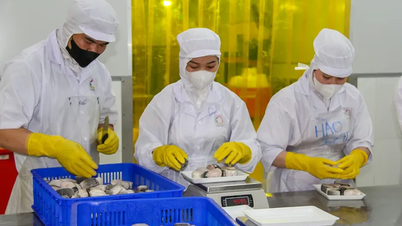
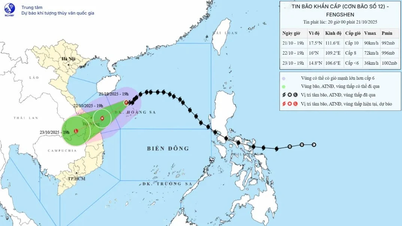
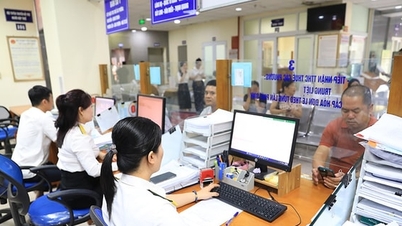















Comment (0)